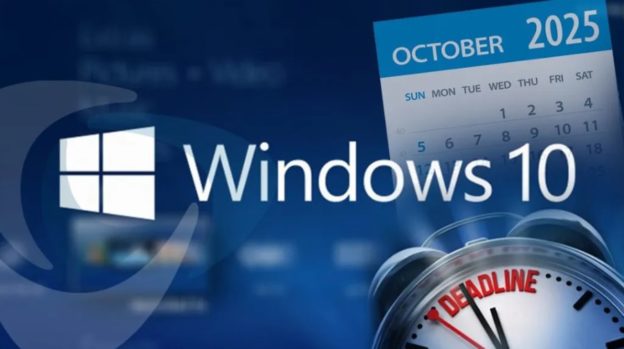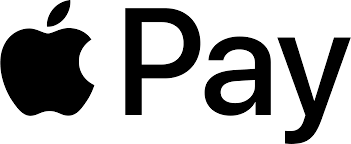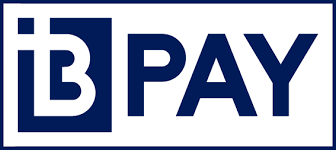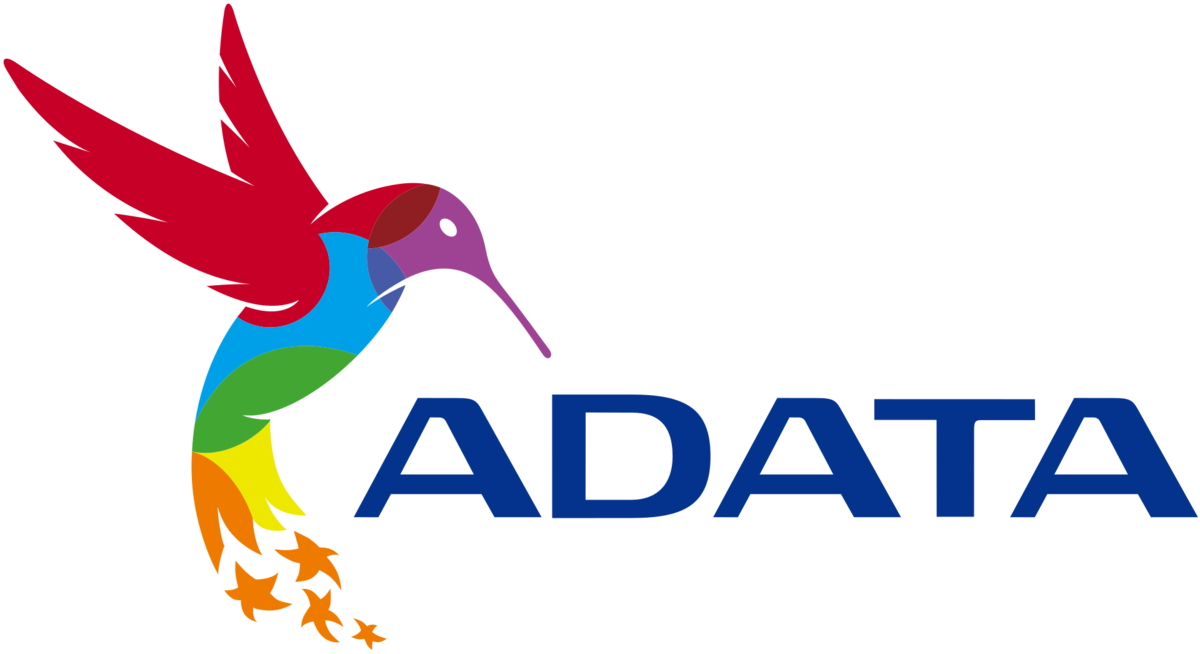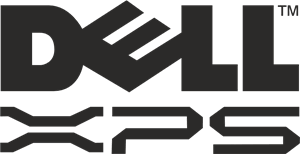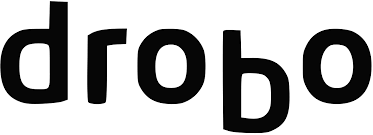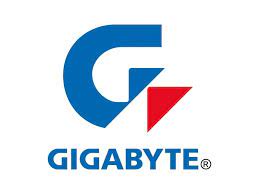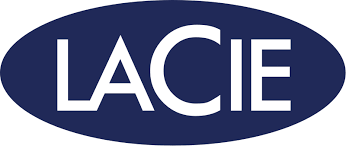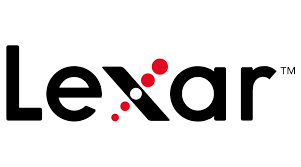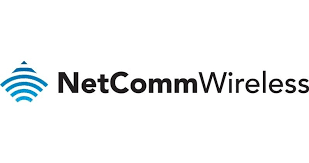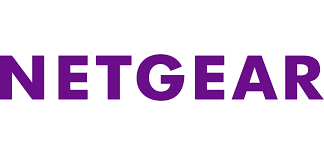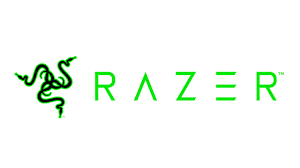Signs That Your Computer Has Been Hacked
Your computer might be infected. That alone is maybe one of the terrifying things your antivirus could tell you. Computers getting hacked is not something that only happens in movies. There is always a possibility that you might become a victim of being hacked, which may result in lost or stolen data, identity theft, or even worse.
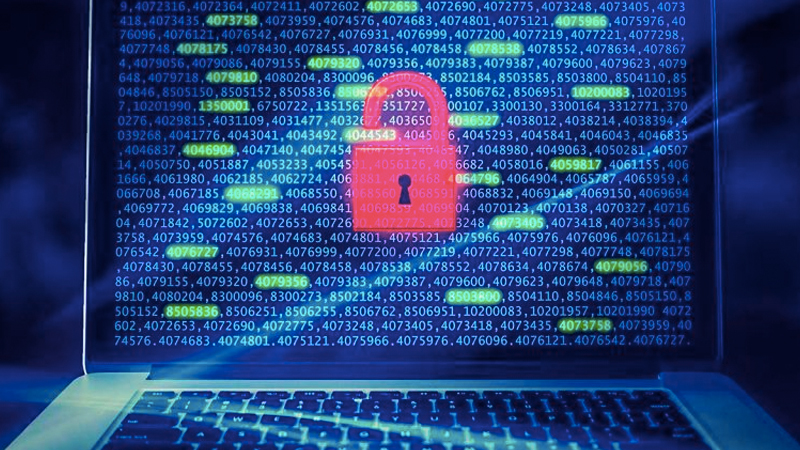
Signs That Your Computer Has Been Hacked
Hacking is usually a crime. Most of the time, hacking is a financially motivated crime. The signs of getting hacked are quite subtle, but they can still be identified with some help.
How Do Hackers Get In?
Even though the information on computer hacks is mostly incomplete due to the number of cases that go unreported, it’s estimated that more than 2.5 billion accounts are hacked every year. That means about 7 million accounts are hacked every 24 hours.
Getting malware into the computer requires the hacker to get you to open a file that contains the infected code. This is usually accomplished by sending you legitimate-looking files such as PDFs or Microsoft Office documents that carry the hidden code. It is also possible to get the malware from a website or a USB that loads the code onto your computer device.
Different Forms Of Hacking
When a hacker is trying to take over your device, there are a few common forms of hacking that they’ll draw upon that they know to be highly effective.
- Identity Theft: Hackers can steal pieces of your personal information such as your name, address, social security number, etc., which allows them to be able to impersonate you, use your bank accounts, and take advantage of your money.
- Phishing: A phishing attack is when a hacker gets you to click on a link in an email or a text message, sending you to a website that downloads malware onto your computer and takes it over.
- Ransomware: This is a form of hacking where malware hides your files and makes them inaccessible to you unless you pay the hacker a ransom amount, usually in cryptocurrency, to get your files unlocked and gain access to them.
- Cryptojacking: Cryptojacking, also called malicious cryptomining, is when hackers implant malware into your system and use your CPU and network connections to mine cryptocurrencies.
Signs That Your Computer Has Been Hacked
Depending on the form of the virus, when any virus infiltrates your computer, it might display some odd symptoms and behaviour. Let’s take a look at some signs that indicate that your computer has been hacked.
Can’t Log In?
Hackers are extremely interested in your accounts. For them, your social media accounts are ideal for identity theft and fraud. You have your initial red flag if you discover your password suddenly no longer works. And you can be sure a malicious hacker is to blame if you can’t change your password through email or phone.
Your Antivirus Is Disabled
Finding out your security devices are disabled is a huge indication and a definite sign of intrusion. You might also observe that they no longer work as they should. This includes not starting correctly, shutting down automatically, or not being capable of performing a scan. Several different kinds of malware will disable antivirus software to keep their foothold on your system.
Computer Performance Declines
As hackers utilise system resources like the CPU, memory, and bandwidth, there won’t be much left behind for you. Your computer might be slow to respond to your commands. It might take hours to charge up. At the same time, you might notice a large amount of network traffic. Someone’s operating your device, just not you, which is why you’ll observe;
- Slow software
- Slower browser loading times
- Media lagging
- Software crashing suddenly
- Videos and games buffering
Unprompted Actions
Observed odd names in your Task Manager or Activity Monitor? Notice new files on your desktop you don’t recall leaving there? Came across a new toolbar you don’t recall installing? Is your cursor moving around on its own, or are words showing up on the screen without you typing? All of these are also an indication that your computer has been hacked. It’s another clue if you’re redirected from the page of one Internet search to another without your control.
Unauthorised emails and messages sent from your accounts
Another serious sign that you’ve been hacked is getting to know from friends and associates that they have received spam from your accounts. A common aim of hackers is to infect as many computers as they can. A way to achieve that is to take control of social apps and email accounts and exploit them to send malicious messages and emails to as many people in the address book as possible.
Can’t Shut Down Or Reboot
The final sign that may indicate that your system is hacked is when it doesn’t shut down easily. If a hacker has gained access to a system, they will try to do everything they can to hold that access, including preventing you from carrying out a simple reboot to try to clear the issues.
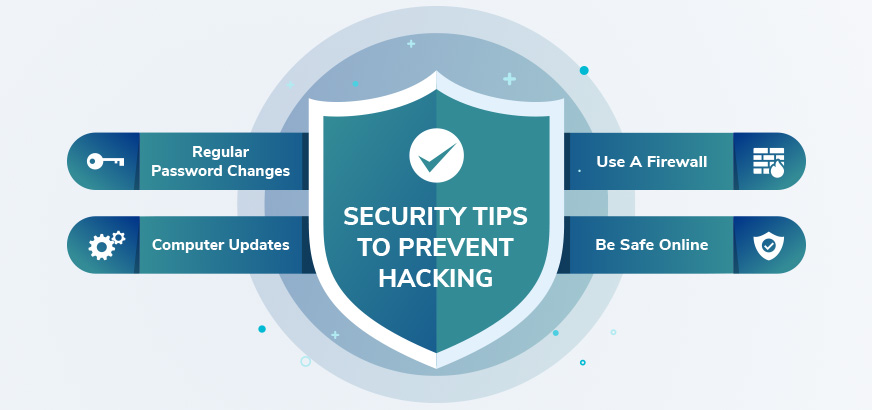
Security tips to prevent hacking
Prevention Basics
Cybercriminals are always apparently one step ahead of antiviruses and security software, signifying that anything enforced to prevent hacking is mostly reactive- and not proactive. Yet, it’s consequential to note that there are still several actions that users can take to protect their computers and their private data.
The ideal way to stay clear of becoming prey to an online hack is to up your game regarding recognising hacking attempts. Do not open any email attachments from senders that are unknown to you, and be aware of any odd activities. Furthermore, try to use different passwords for every website you register on and look into using two-factor authentication to make it harder for anyone other than yourself to have access to your accounts. Last but not least, be sure to update your computer software whenever possible.
References
- https://www.cyberghostvpn.com/en_US/privacyhub/9-signs-your-pc-has-been-hacked/amp/
- https://www.businessinsider.com/guides/tech/how-to-tell-if-my-computer-has-been-hacked?amp
- https://preyproject.com/blog/how-to-tell-if-your-computer-has-been-hacked
Written by The Original PC Doctor on 25/11/2022.










